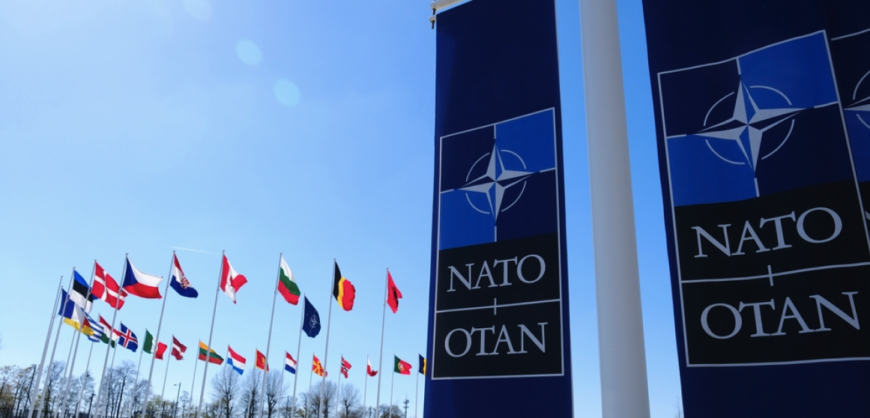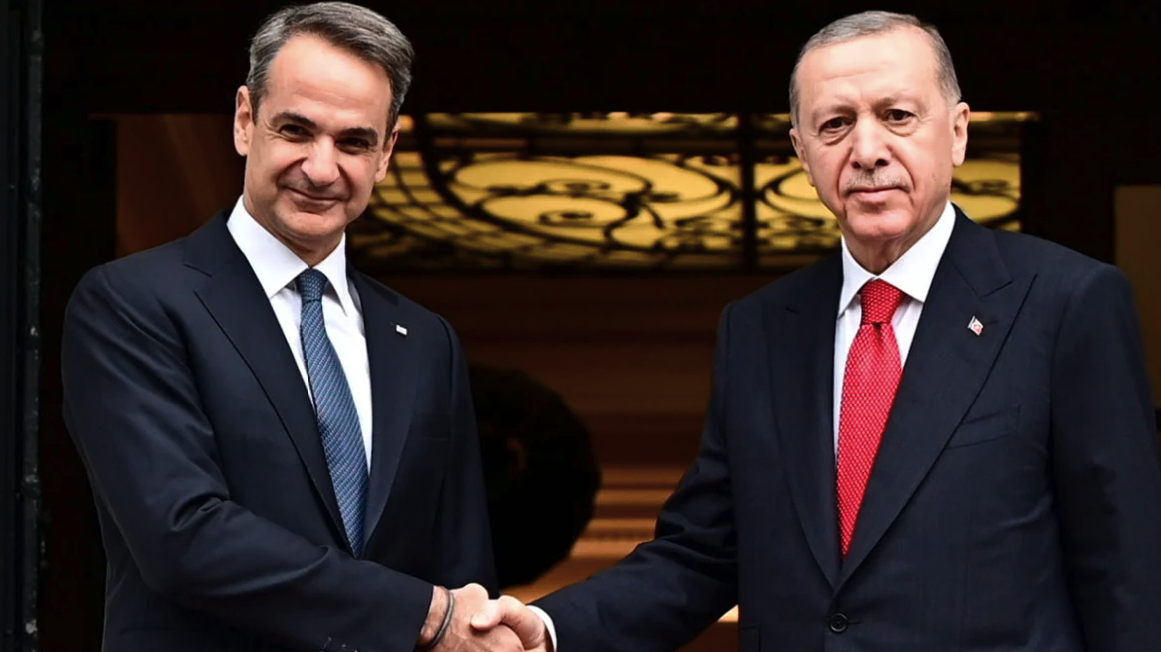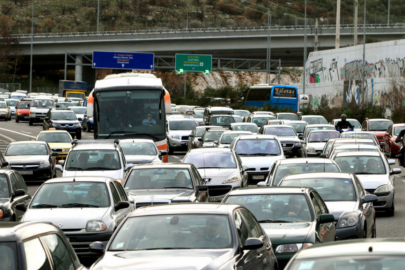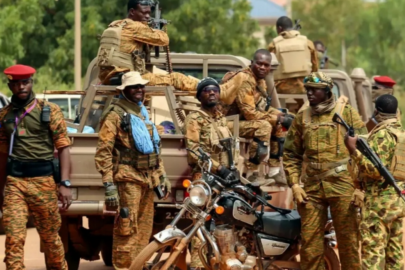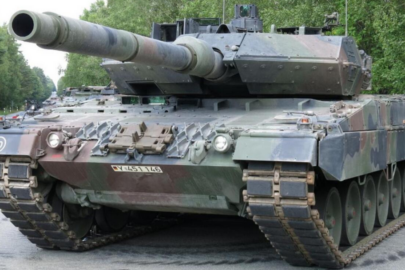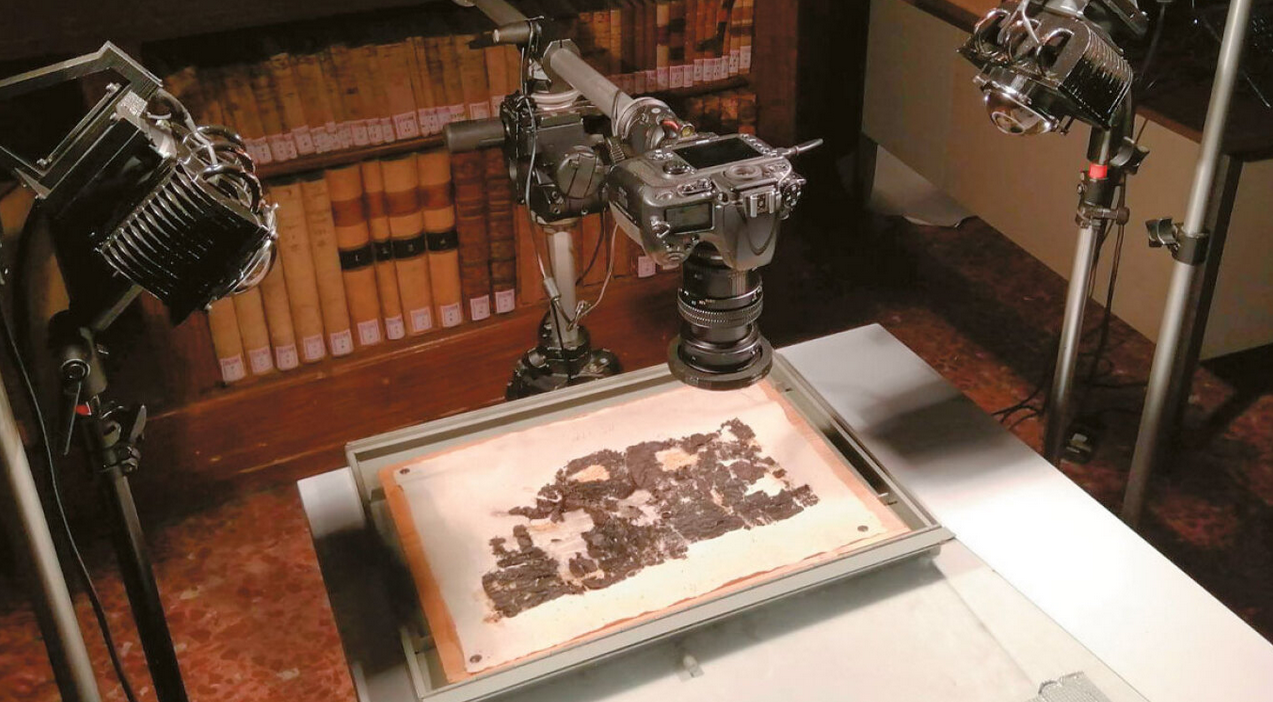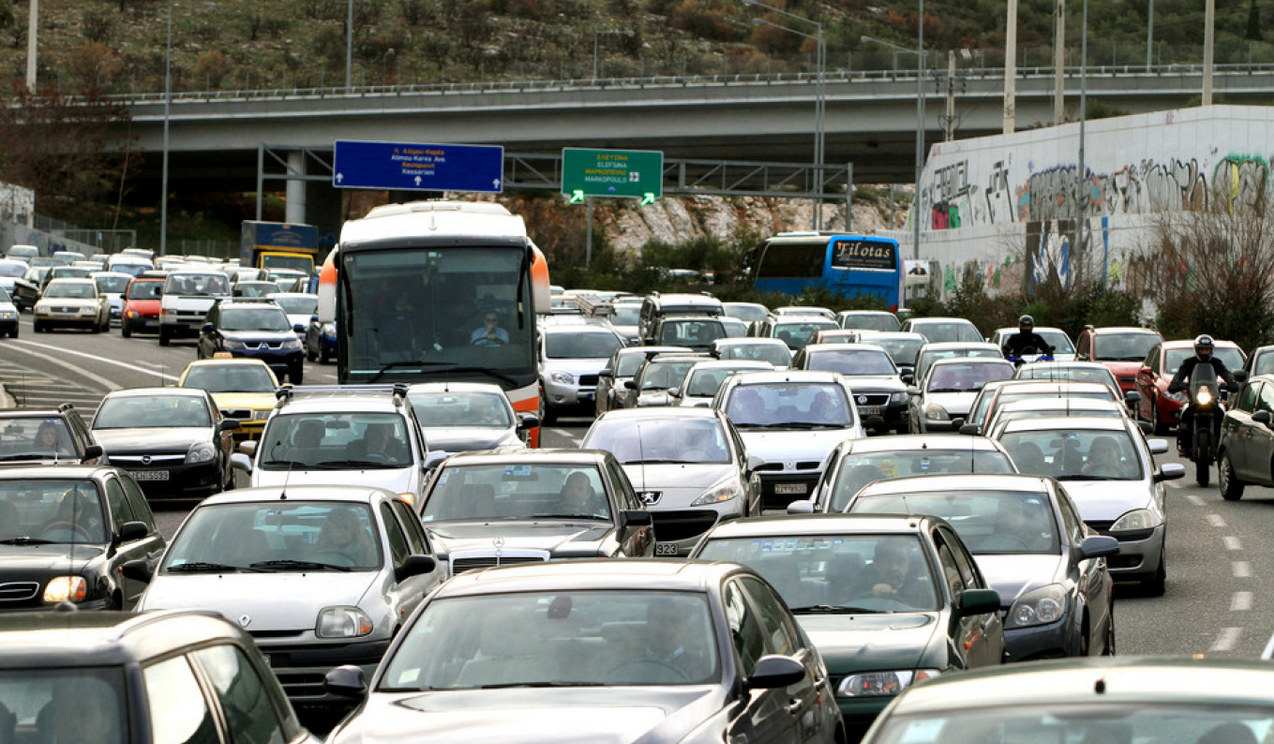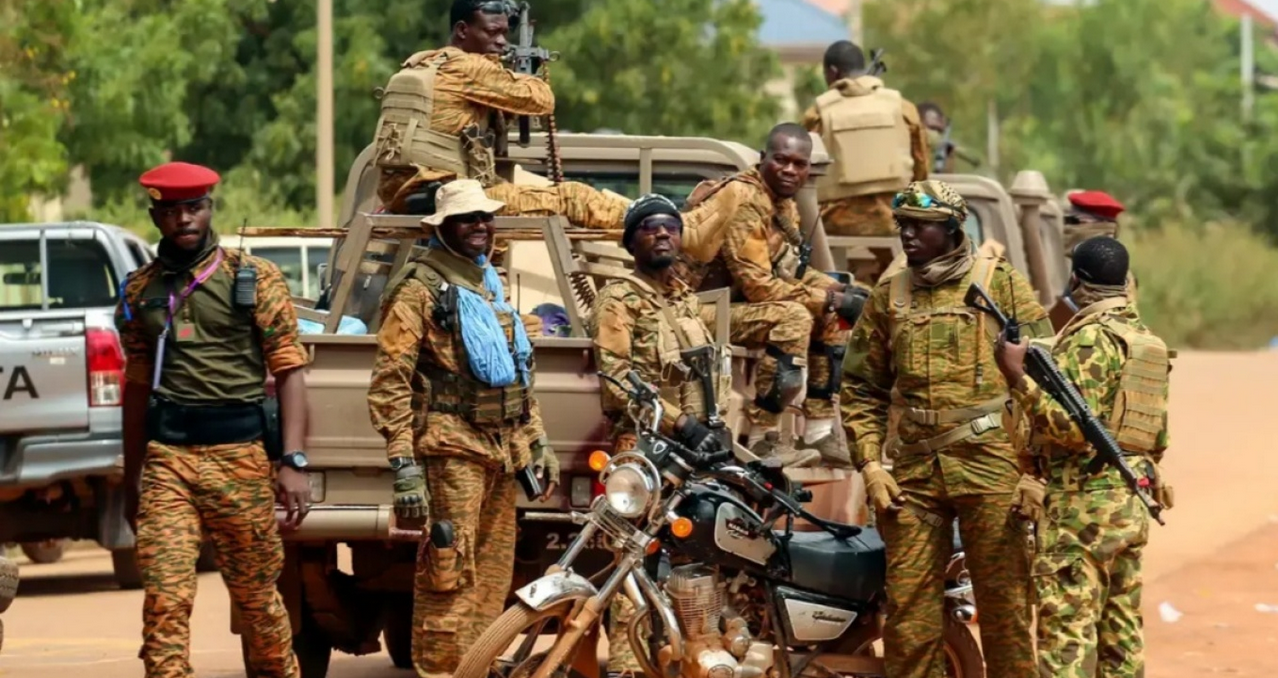NATO celebrates 75 years of existence today amid greater than ever concern about Ukraine, which is facing difficulties on the battlefield, lacking ammunition and weapons to resist the growing pressure from Russian forces.
The North Atlantic Treaty Organisation was born on 4 April 1949 and has “built the strongest alliance in history”, welcomed Secretary General Jens Stoltenberg.
Seventy-five years later, Europe is “faced with a war of a magnitude we thought was over,” said Stoltenberg, who took over as NATO chief ten years ago, a few months after Russia annexed Crimea.
The Atlantic Alliance is “stronger, more united and bigger than ever”, with 32 members today, two of which, Finland and Sweden, joined after the Russian invasion of Ukraine on February 24, 2022, US Secretary of State Anthony Blinken said yesterday, Wednesday, also expressing his satisfaction.
Yet today it is threatened by the war in Ukraine, a conflict on European soil unprecedented since World War II, but also by uncertainties surrounding American engagement in Europe.
Stoltenberg made no secret of his concern yesterday about the situation on the front in Ukraine, asking the Allies to respond quickly to that country’s “urgent needs” for ammunition, artillery and, above all, anti-aircraft defence equipment.
Russian troops are prepared for significant losses in exchange for minimal territorial gains, showing “very little respect for human life,” he said. “That is why the situation on the front is so difficult,” he explained.
Ukrainian soldiers must show sparingness in the artillery shells they fire at the Russians, as they do not receive enough, Stoltenberg also recalled.
“Ukraine is currently the only country in the world that defends itself against ballistic missiles almost every day,” Ukrainian Foreign Minister Dmitry Kuleba said yesterday, Wednesday, upon his arrival at NATO headquarters in Brussels.
For this reason, “all (anti-aircraft) Patriot missiles available in the world” should be sent “as soon as possible” to the Ukrainians, he wrote on social media X.
The English Samurai – The story of William Adams (video)
In the face of this shortfall, Stoltenberg proposed a firm long-term Allied commitment to Ukraine.
He referred to the creation of a fund of one billion euros over five years to solidify this commitment, a figure that was received with skepticism by some of them, including Germany.
For their part, France, Germany and Poland proposed yesterday in a joint statement that NATO countries as a whole should commit themselves to devoting 2% of their GDP to military spending. Only around 20 countries are currently meeting this target, which they all signed up to ten years ago.
Stoltenberg also regretted the blocking of more than $60 billion in US aid by Congress because of a veto by Republican lawmakers who support former US President Donald Trump.
Uncertainties about this US commitment also weigh on the future of the Alliance. European NATO officials are particularly fearful of the billionaire’s possible return to the White House.

